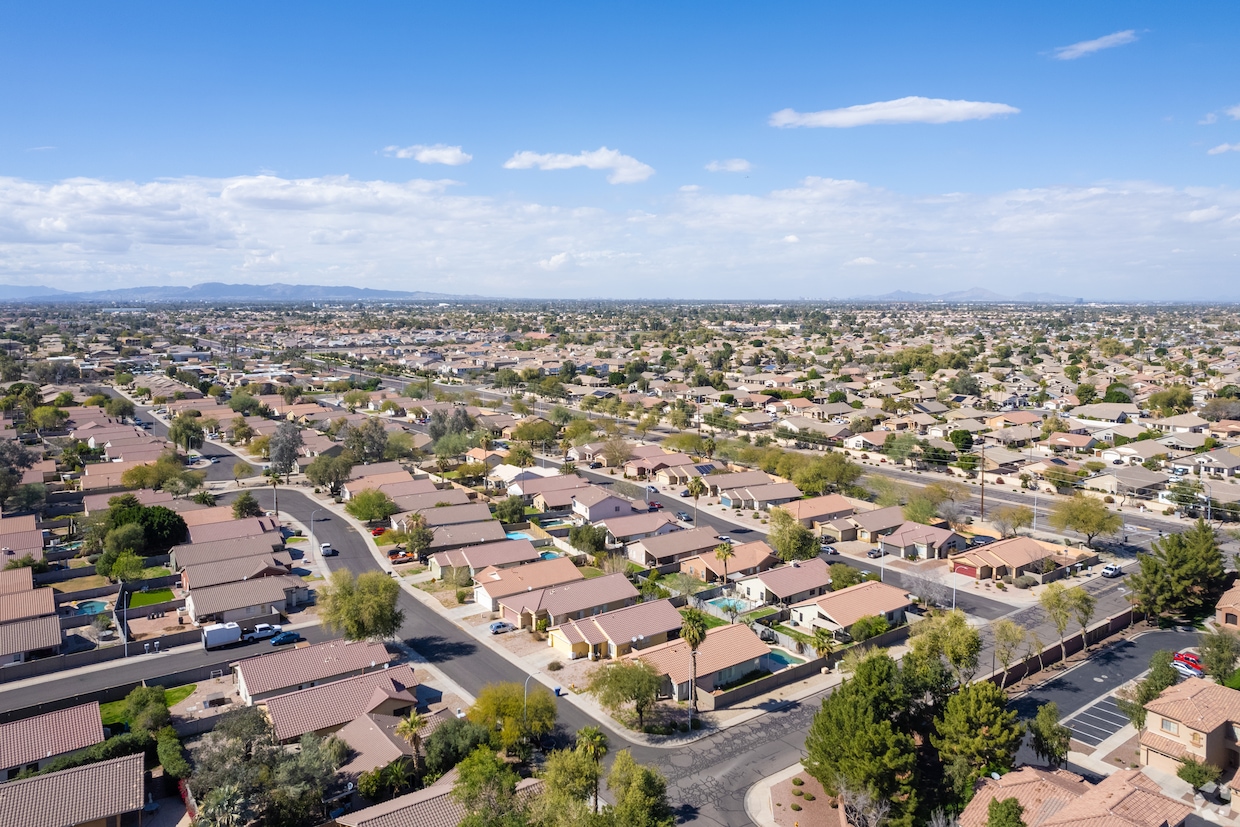Residential electricity prices soar, driven by more demand and natural gas policies
Homeowners are facing higher costs to keep the lights — and air conditioning — on, according to a new blog post from the National Association of Home Builders and data from the U.S. Energy Information Administration.
Residential electricity prices are up 4.3% in 2025 in America, August data from the EIA showed, and they’re expected to climb another 4.1% in 2026. That's compared to the pre-pandemic growth rates. In 2019 and 2020, prices grew just 1.1%.
That’s because there’s greater demand for electricity and new policy proposals, Cal Trepagnier, the NAHB’s program manager of sustainability and green building, wrote in a blog post.
For one, artificial intelligence data centers are using up more electric power. At the same time, the economy at large is becoming increasingly electrified.
More than that, though, Trepagnier said policies banning natural gas are straining electricity prices.
“When natural gas is eliminated as an option, electricity is used to heat indoor space, heat water, and cook indoors,” he wrote. “More than half of U.S. states (27) have some type of preemption law to prevent a natural gas ban — and that number may continue to grow.”
Proponents of natural gas bans say the power source has negative environmental and health impacts. But housing advocates, including Trepagnier and the NAHB, argue it's critical to homeowner affordability.
“If electricity prices continue to rise as projected, it may increase costs not only for builders and remodelers, but also for building occupants, especially in all-electric homes,” Trepagnier wrote. “This would further exacerbate the housing affordability crisis in America.”
FHA mortgages make up more than half of serious delinquencies in the US
Loans backed by the Federal Housing Administration are the primary driver of stress in the mortgage market as of July, according to ICE Mortgage Technology's monthly report released Monday.
Delinquencies among FHA loans — often used by first-time buyers because of their more relaxed income and credit requirements — were up 15 basis points from the same time a year ago and accounted for 52% of serious delinquencies nationwide, the report said. Serious delinquencies are loans over 90 days past due but not in foreclosure.
A zoom-out on the mortgage market shows a more optimistic picture, though. The overall national delinquency rate improved 9 basis points in July compared to a year earlier, but it was 58 basis points below 2019's levels.
Serious delinquencies also slowed as the impacts from recent natural disasters began to fade.
“If you are looking for signs of a faltering economy, you won’t find them in July’s mortgage performance data,” Andy Walden, head of mortgage and housing market research at ICE, said in a statement.
Furniture tariffs are coming, Trump says
President Donald Trump plans to announce new import taxes on furniture within the next 50 days, according to a Friday social media post.
"We are doing a major Tariff Investigation on Furniture coming into the United States," Trump wrote in his post on Truth Social. Items will be tariffed "at a rate yet to be determined."
"This will bring the Furniture Business back to North Carolina, South Carolina, Michigan, and States all across the Union," Trump added in his post.
The announcement is the latest update to the White House's tariff policy. Since April, the administration has levied a series of import taxes on countries, including China and Vietnam, major furniture producers.


